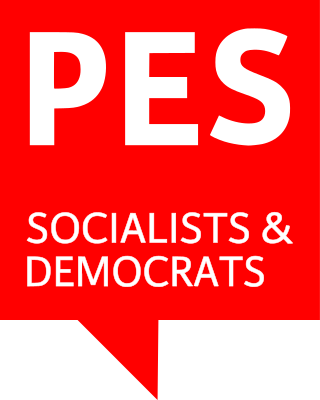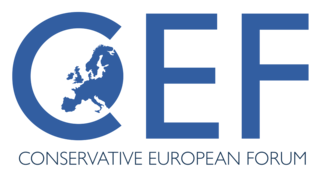The politics of the Faroe Islands, an autonomous country of the Kingdom of Denmark, function within the framework of a parliamentary, representative democratic dependency, whereby the Prime Minister of the Faroe Islands is the head of government, and of a multi-party system. The Faroe Islands are politically associated with the Kingdom of Denmark but have been self-governing since 1948. Executive power is exercised by the government. Legislative power is vested in both the government and the Løgting. The judiciary is independent of the executive and the legislature and the responsibility of Denmark.
The politics of Greenland, an autonomous country within the Kingdom of Denmark, function in a framework of a parliamentary representative democratic dependency, whereby the prime minister is the head of government, and of a multi-party system. Executive power is exercised by the government. Legislative power is vested in both the government and parliament Inatsisartut. The judiciary is independent of the executive and the legislature. Greenland has full autonomy on most matters, except on policies and decisions affecting the region including negotiations with the devolved legislatures and the Folketing.

The Party of European Socialists (PES) is a social democratic European political party.
European integration is the process of industrial, economic, political, legal, social, and cultural integration of states wholly or partially in Europe, or nearby. European integration has primarily but not exclusively come about through the European Union and its policies.

The European People's Party (EPP) is a European political party with Christian democratic, liberal-conservative, and conservative member parties. A transnational organisation, it is composed of other political parties. Founded by primarily Christian-democratic parties in 1976, it has since broadened its membership to include liberal-conservative parties and parties with other centre-right political perspectives. On 31 May 2022, the party elected as its President Manfred Weber, who was also EPP's Spitzenkandidat in 2019.
A parliamentary group, parliamentary caucus or political group is a group consisting of members of different political parties or independent politicians with similar ideologies. Some parliamentary systems allow smaller political parties, who are not numerous enough to form parliamentary groups in their own names, to join with other parties or independent politicians in order to benefit from rights or privileges that are only accorded to formally recognized groups. An electoral alliance, where political parties associate only for elections, is similar to a parliamentary group. A technical group is similar to a parliamentary group but with members of differing ideologies. In contrast, a political faction is a subgroup within a political party and a coalition forms only after elections.

Politics of Artsakh took place within the constraints of a written constitution, approved by a popular vote, that recognises three branches of government: executive, legislative and judicial. The executive branch of government was exercised within a framework of a presidential representative democratic republic, whereby the President of Artsakh was both the head of state and the head of government. The legislative branch of government was composed of both the Government and the National Assembly. Elections to the National Assembly were on the basis of a multi-party system. As of 2009, the American-based non-governmental organisation, Freedom House, ranks Artsakh above both Armenia and Azerbaijan in terms of political and civil rights. The republic was de facto independent and de jure a part of Azerbaijan. None of the elections in Artsakh were recognised by international bodies such as the OSCE Minsk Group, the European Union or the Organisation of Islamic Cooperation. Both Azerbaijan and Turkey had condemned the elections and called them a source of increased tensions.

United Macedonian Organisation: Ilinden–Pirin is a Macedonian organisation in Bulgaria, whose self-declared aims are protection of the human rights, language and nationality of the Macedonian minority in the country. In Bulgaria itself the organization is regarded as a foreign government-funded separatist organization.

The Conservative European Forum (CEF) was founded in 1969 to promote the UK's entry into the European Economic Community. The organisation is committed to a positive and constructive approach to the UK's relationships with the democracies of Europe, including the European Union.
Lists of political parties include:

The following outline is provided as an overview of and topical guide to Turkey:
The Jury Team was a British political campaign established in 2009 to back independent candidates in United Kingdom domestic and European elections. Although it was a registered UK political party, it was described as an umbrella organisation giving financial and marketing backing to independent candidates, who were free to set their own political agenda outside of the traditional model of standing as the candidate of a particular party. Jury Team employed a novel selection process for its independent candidates, allowing any member of the public to apply to be promoted for backing, and leaving final candidate selection to the public, by text message voting. After contesting the European Parliament elections in June 2009, the Jury Team's first Independent United Kingdom parliamentary candidate was John Smeaton, who stood in the 2009 Glasgow North East by-election.
This page is based on this
Wikipedia article Text is available under the
CC BY-SA 4.0 license; additional terms may apply.
Images, videos and audio are available under their respective licenses.





